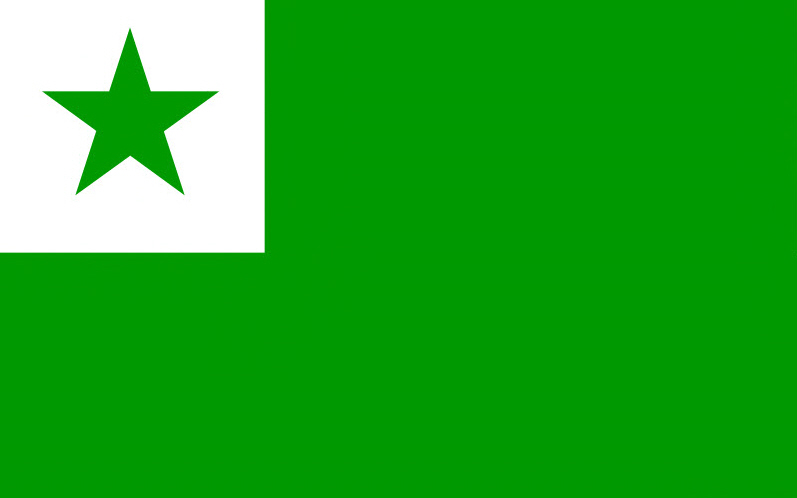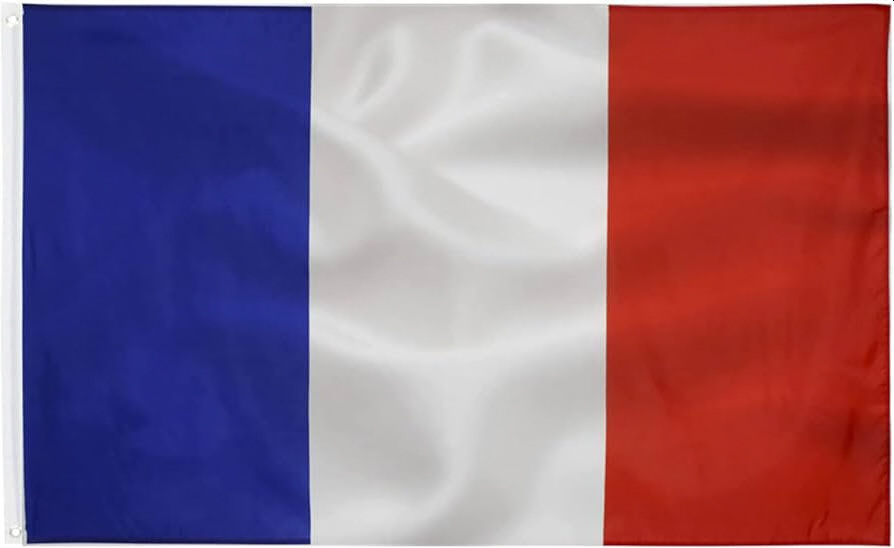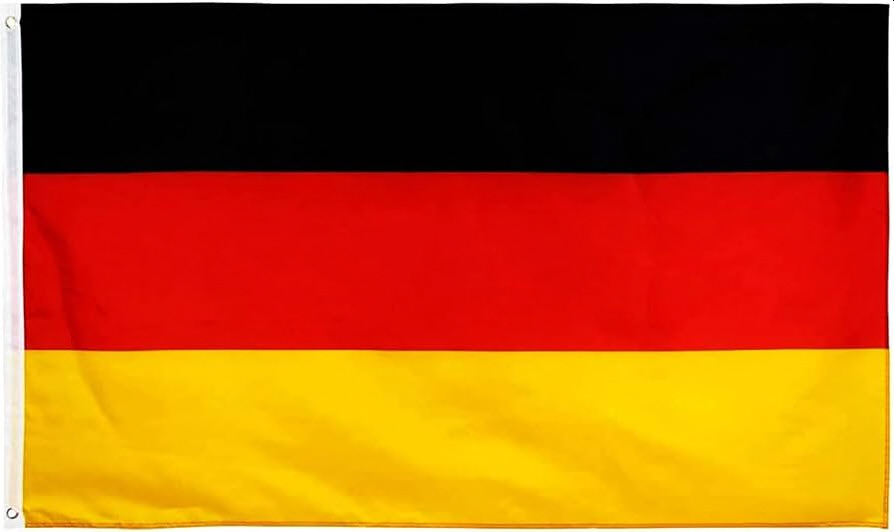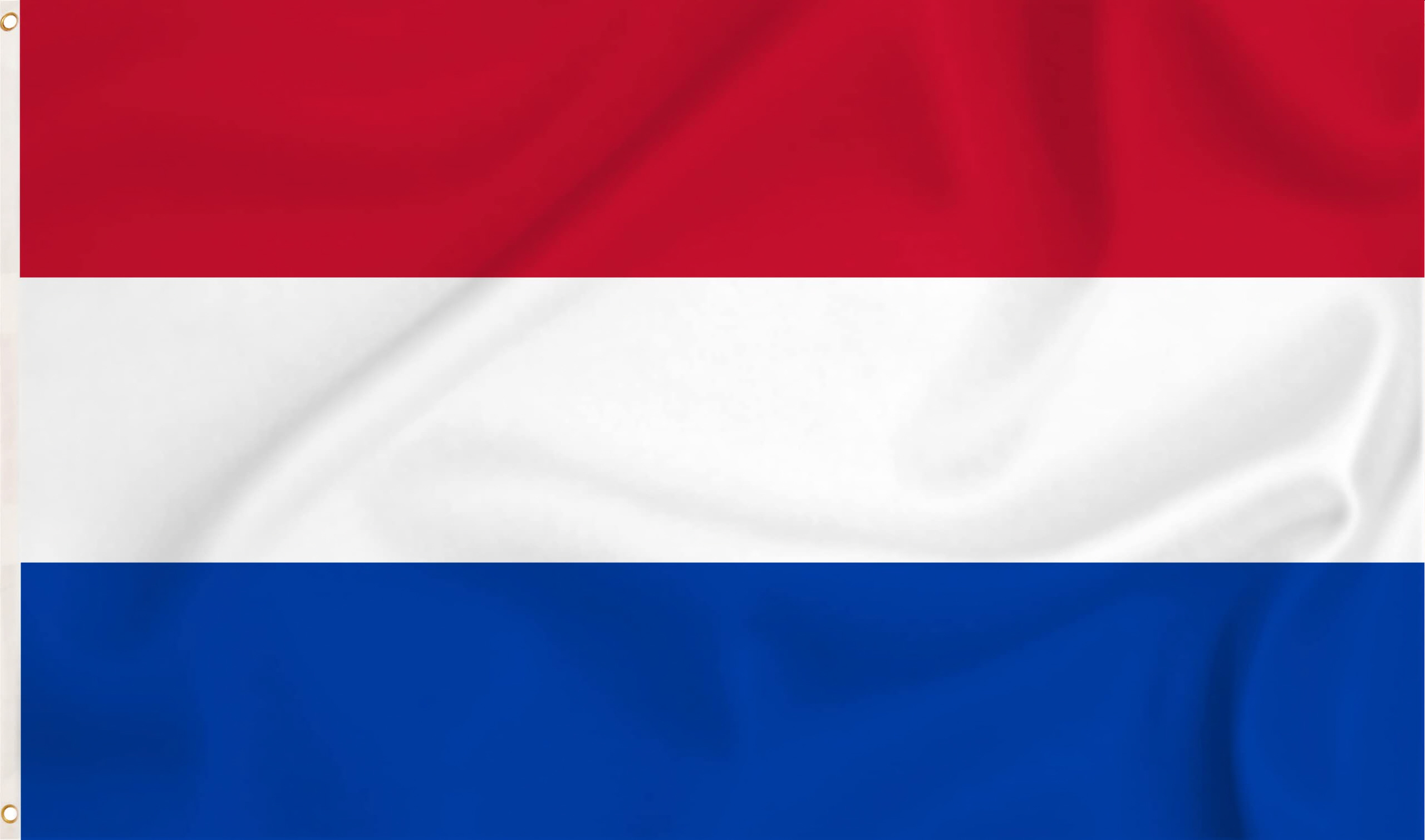








 | 







|
Since its creation in 1949, the North Atlantic Treaty Organization (NATO) has played a central role in the architecture of contemporary global power. Often presented as a defensive alliance to ensure peace, stability, and security for its members, NATO has, in practice, been one of the fundamental pillars of the global capitalist order. Its historical evolution shows that it has operated not only as the armed wing of United States and allied interests but also as an active instrument in defending an economic system based on inequality, wealth concentration, and the geopolitical hegemony of the industrialized West.
Let us consider the role of NATO in the contemporary world. Through historical, geopolitical, and ideological analysis, we must conclude that this alliance does not primarily serve humanitarian or defensive purposes, but rather the preservation of the global capitalist order.
NATO was founded in a context of growing tension between the United States and the Soviet Union. Its stated objective was to contain the spread of communism and protect Western Europe from an alleged Soviet military threat. However, from the beginning, it functioned as a tool for political-military integration under U.S. leadership, ensuring the strategic subordination of Western Europe to Washington.
Beyond the East-West confrontation, NATO consolidated a form of military control over the capitalist world. This included covert interventions, support for pro-Western authoritarian regimes, and the development of a “forward defense” doctrine, which justified expanding its military presence beyond the North Atlantic area. The Cold War was not only an ideological battle between capitalism and socialism—it was also a struggle for control over resources, markets, and the sovereignty of peoples in the Global South.
With the fall of the Berlin Wall and the dissolution of the USSR, some predicted the end of NATO. But on the contrary, the alliance expanded eastward, incorporating countries that had previously belonged to the Warsaw Pact. This process, viewed by Russia as a direct threat to its security, broke the commitments made at the end of the Cold War and reignited geopolitical tensions that persist to this day.
The 1990s also marked the beginning of an interventionist phase, with the war in the Balkans as the first major example. In 1999, NATO bombed Yugoslavia without the approval of the UN Security Council, setting a dangerous precedent for military unilateralism. This was followed by interventions in Afghanistan (2001–2021), Iraq (indirect support in 2003), Libya (2011), and operations in Africa and the Middle East under the pretext of the “war on terror.” Far from ensuring stability, these actions left behind failed states, millions of dead and displaced people, and the collapse of national institutions.
Although NATO operates in the military sphere, its legitimacy is built on an ideological level. Official discourse invokes values such as “freedom,” “democracy,” and “security,” but these concepts are used to justify actions that, in fact, benefit transnational capital and the political elites of member countries. This is a war in which language serves to conceal the true aims: control of resources, access to markets, suppression of popular movements, and neutralization of geopolitical actors that challenge Western hegemony.
Thus, NATO can be understood as a key component of the global neoliberal order. It is part of an international architecture in which military power, the war economy, financial institutions (like the IMF and the World Bank), and major media conglomerates work together to uphold an economic model that deepens social inequalities, accelerates environmental destruction, and criminalizes dissent.
Criticism of NATO cannot be confined to the technical-military sphere. It requires a profound examination of the societal model that sustains it. The system defended by this alliance produces hunger in a world of abundance, wars in the name of peace, mass displacement while borders are militarized, and total surveillance in the name of freedom. Therefore, questioning NATO is inseparable from a broader critique of capitalism as the dominant form of organizing life.
In this regard, Marxism continues to offer valuable tools to understand the structural causes of this situation. Its analysis of class relations, capital accumulation, and the role of the state helps explain why militarization serves to maintain the system. But other traditions—ethical, spiritual, feminist, decolonial—also enrich this critique from diverse perspectives, reminding us that the struggle is not only for resources, but also for meaning, dignity, and the horizon of life.
The message of the Gospel, for example, when read from the perspective of the poor rather than from the empires, radically challenges the current order. Jesus of Nazareth did not preach submission to Caesar, but the liberation of the oppressed. His teaching joins many other voices calling for justice—from Indigenous peoples to migrant communities, from social movements to cultural resistances.
NATO is not simply a military actor: it is a symbol and symptom of an unjust world order. That is why its critique requires more than data or statistics—it demands historical awareness, political will, and collective hope. Resistance is not only expressed through denunciation, but through the construction of alternatives. These emerge from popular struggles, from new forms of community organization, from the recovery of ancestral knowledge, and from the affirmation of values such as solidarity, cooperation, and care for life.
In the face of a system that wants us to believe there is no alternative, it is essential to reclaim political imagination. No empire has been eternal. And when the people organize and awaken, not even the most sophisticated military apparatus can stop their transformative power.